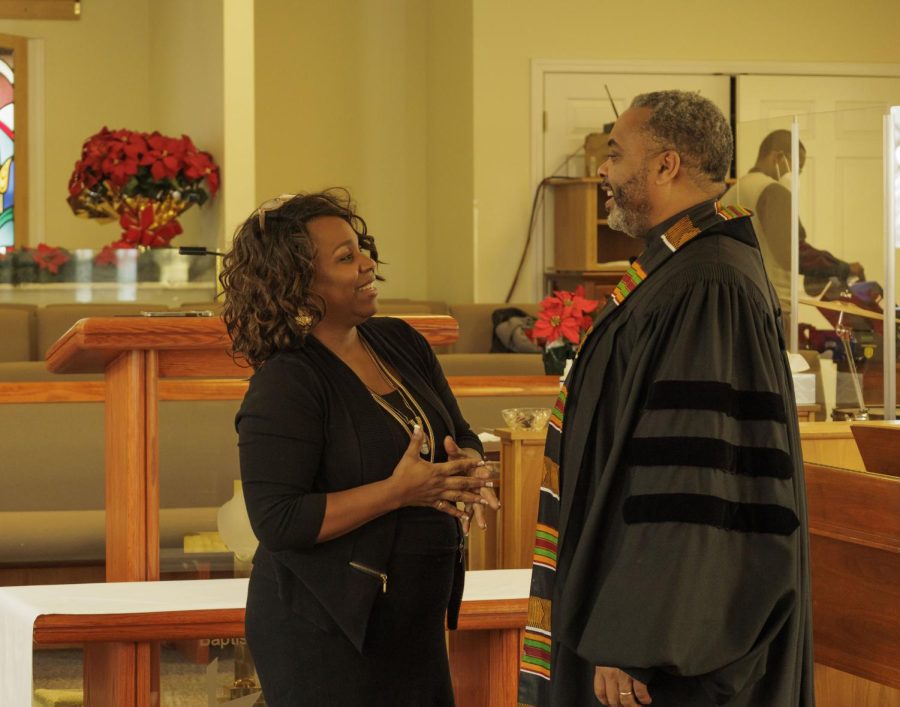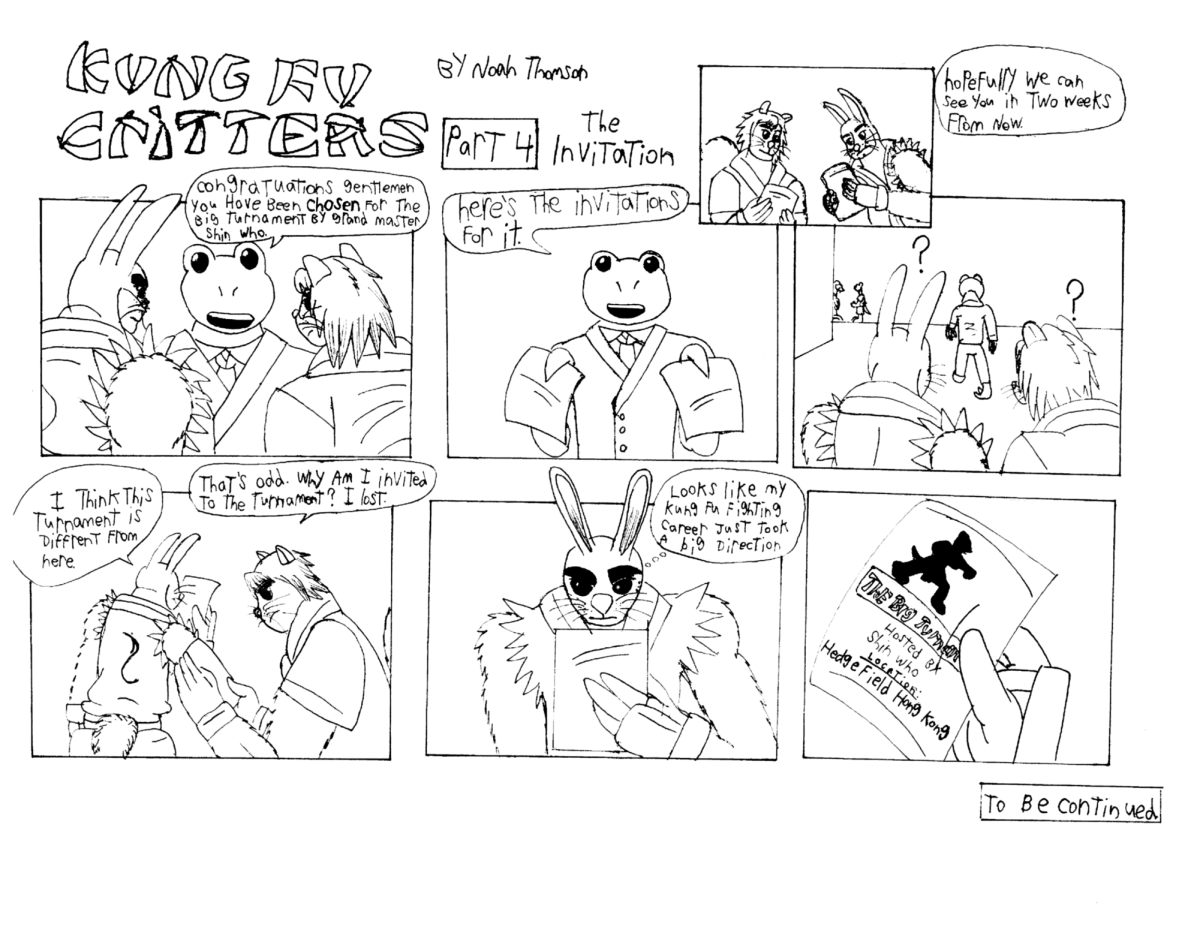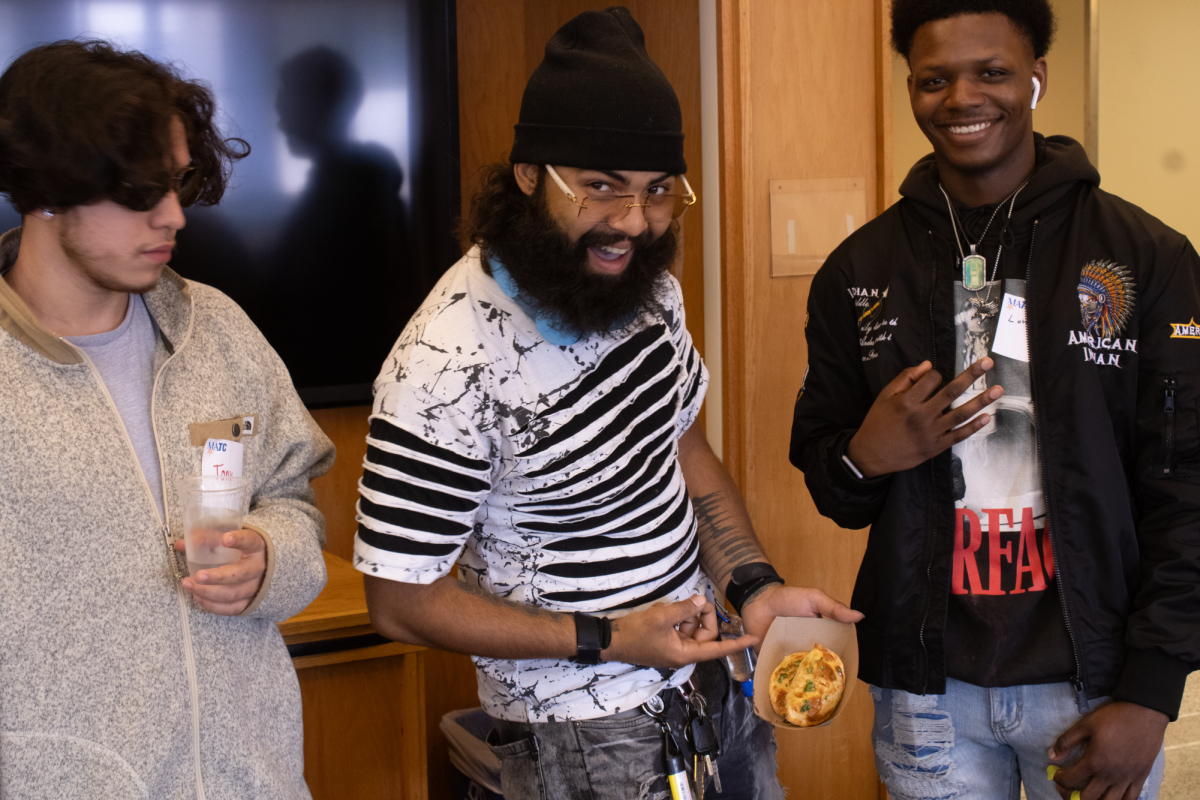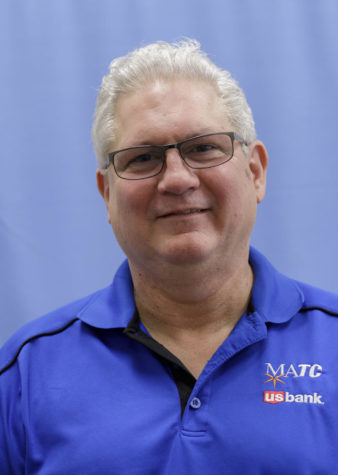Oedipus Rex is a complex parable in which Oedipus; King of Thebes is merely a representation of the faults lurking within each human being. His story is a reflection of humanity’s resolve not to acknowledge the shortcomings of the soul. Oedipus represents the everyman, experiencing both denial and hypocrisy.
“Oedipus takes so long to learn the truth about himself not because Sophocles is drawing out the excitement.but because, like Iocasta, at some level he already knows what it is. And knowing it already..he’ll do everything he can to hide it from himself (Miller 234).”
Eventually trading figurative blindness for literal blindness, Oedipus refuses to take any responsibility for his actions or his life, preferring instead to blame invisible forces. “If I was created so, born to this fate, who could deny the savagery of God? (Sophocles 785). Yet, it is Oedipus’ savagery that brings about his own ruin.
While Oedipus calls for justice against Laios’ killer, he himself is a murderer. Hypocrisy and denial are common themes in ancient Greek writings. Homer, one of Sophocles’ many predecessors famously said, “I detest the man who hides one thing in his heart, and speaks for another.”
Though Oedipus was written dramatically and meant to entertain, it acts as an exaggerated mirror, showing us that which we refuse to see in ourselves.
Oedipus is not a good man, nor is he a bad man. The terms “good” and “bad” themselves should not be used when referring to the human soul. People are not their mistakes. Furthermore, there is an element within the play that Oedipus has been rehabilitated. After all, he is a good husband, a caring father, and the king of kingdom that has, up to the beginning of the story, prospered under his rule. “Oedipus’ guilt is not a childlike guilt for having married his mother (after all, he did not know it was his mother), but an adult guilt at his own arrogance and anger (Simms 56).”
While the audience surely identifies with Oedipus, there also exists the need for justice. The audience connects with him, and in the same moment, judges him. Since he will not judge himself, we, the audience shall do it for him.
They can’t help but want him to at last realize how karmic forces have repaid him. While the audience acknowledges Oedipus as a human being, they need his punishment, perhaps to absolve them selves; to believe that justice is an imperative.
Such is the dichotomy of Oedipus. He speaks directly to the duality of man. Oedipus himself is a direct reference to the contradictions within people. You can be a painter and a vegetarian and an animal lover, but also be a genocidal dictator.
Every parable should have a moral, and if one can be assigned to Oedipus, it is this: use your judgment on yourself as willingly as you would on others, otherwise you will end up marrying your mother, spawning your siblings and ruining your kingdom. “But I say that you, with both your eyes, are blind: You cannot see the wretchedness of your life” (Sophocles 400).
Quote of the Day
- One day you will look back and see that all along, you were blooming. – Morgan Harper Nichols
























































